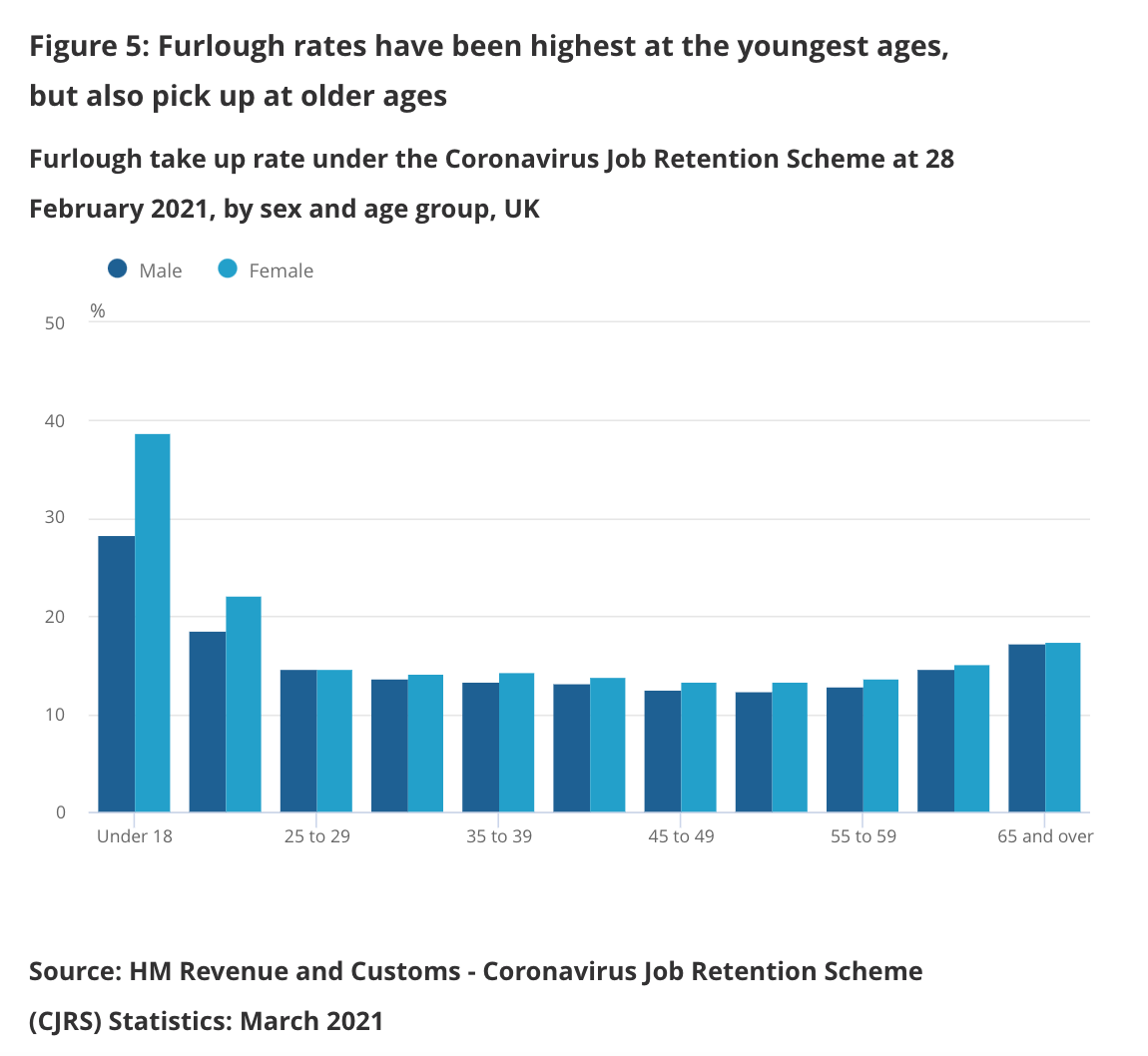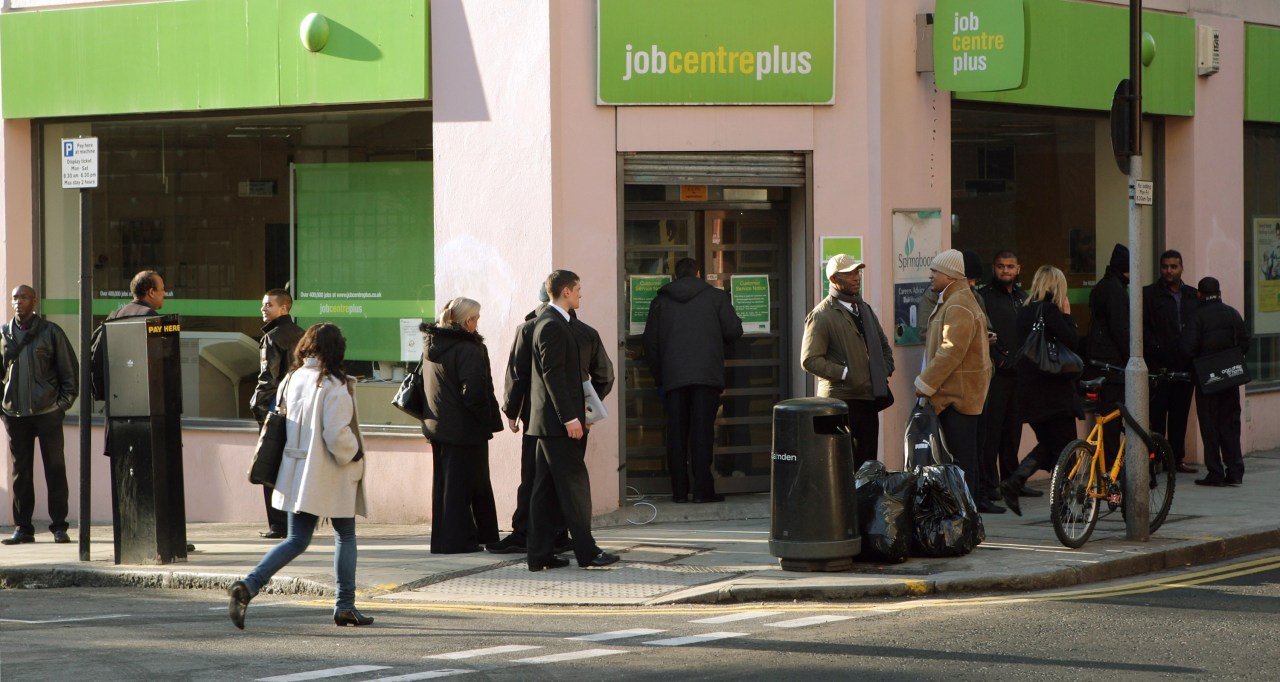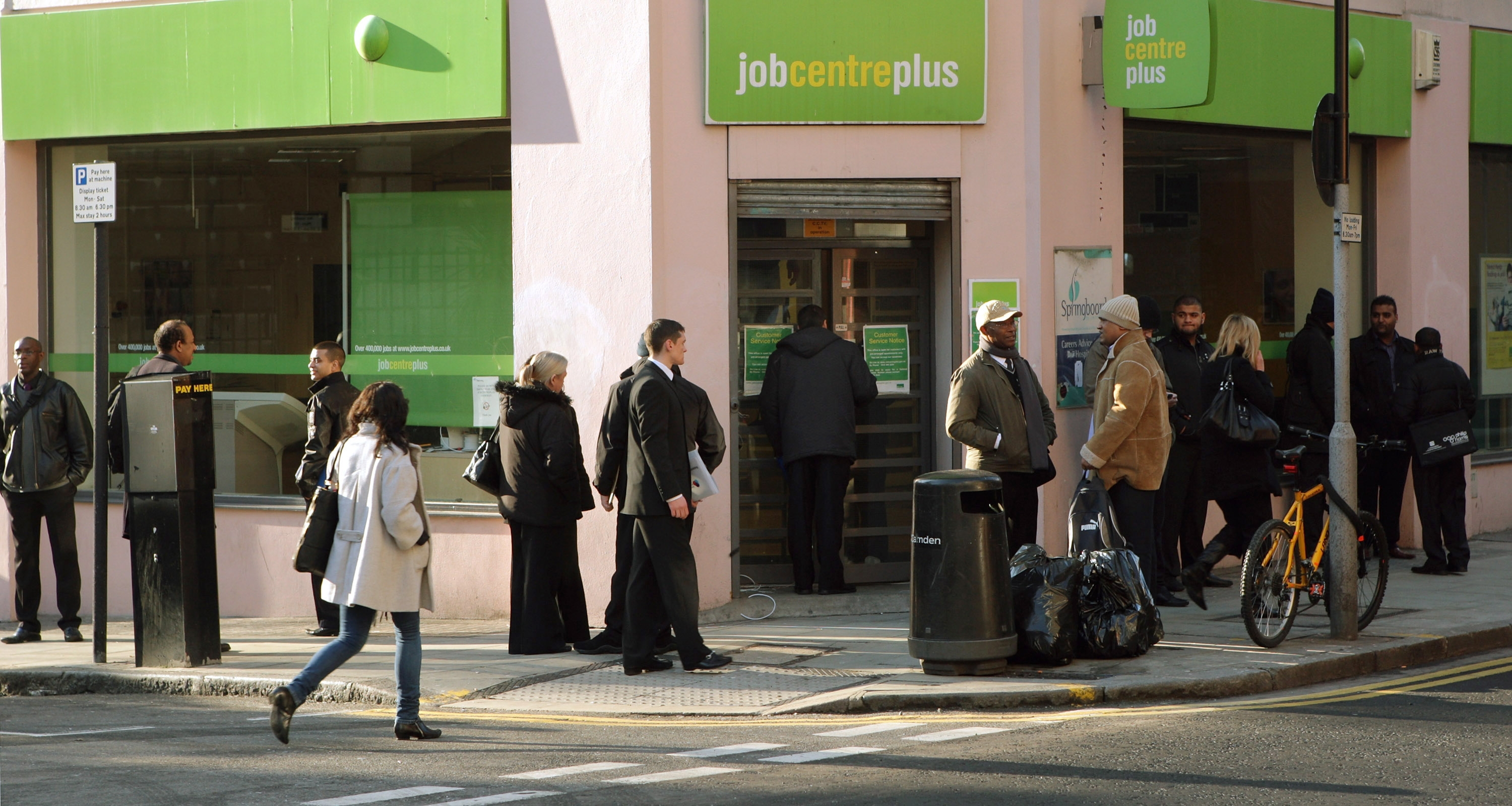Concerns around unemployment during the pandemic have, understandably, been focused on younger people. Last year it was under-24 year olds most likely to be furloughed and then subsequently made unemployed when coming off the government’s scheme. For millions, the fate of their jobs remains on the line, as unemployment is expected to rise over the course of the year (albeit far less than originally predicted), even as the economy rebounds when lockdown restrictions lift.
But today the Office for National Statistics flags another concern; one that could potentially have a bigger impact on the labour market’s recovery post-pandemic. While the youngest have experienced a substantial economic hit from the virus, so have those at the other end of the working-age spectrum.
‘While the impact of the coronavirus… pandemic has been greatest for younger workers,’ reports the ONS, ‘older workers aged 50 years and over have been affected to a greater extent than those in the middle age groups.’ A reported 1.3 million people aged 50 and over are currently furloughed, making up a quarter of the total number of employees on the Job Retention Scheme – while three in ten of these workers think it’s more likely than not they will lose their job when the scheme comes to an end.
A spike in workers entering early retirement will only increase the burden on the working-age population

It’s inevitable that some people will emerge from furlough to discover their jobs no longer exist. Even if Covid restrictions are fully lifted and society is able to return to pre-pandemic normalcy, substantial shifts in the way we work, shop and live have taken place over the past year – some of which are bound to stay. The concern for older workers, the ONS notes, is that redundancy might mean the end of their time in the workforce altogether. Unlike their younger counterparts, who will suffer setbacks of their own, the pandemic will not have delayed their career progression, but ended it, as some opt for early retirement instead of re-skilling and re-training, or hunting for the next job.
This will pose a series of challenges: to individuals who don’t feel entirely secure in their retirement, to the UK’s labour market recovery, and to the public finances as well. Forget the past year’s off-the-chart spending: even before Covid, Britain’s spending pledges were already out of kilter with what it could realistically afford long-term. Pre-pandemic, the Office for Budget Responsibility was projecting that public sector net debt as a proportion of GDP would rise to 283 per cent over the next 50 years: as the country works to make good on significant healthcare and pension pledges, the cost will be shouldered by people in work.
A spike in workers entering early retirement will only accelerate this trend, and increase the burden on the working-age population to cover increasing costs. With major public services like social care already buckling, it’s hard to see how this doesn’t come to a head fast. But it seems the government isn’t ready to address this grim, financial reality, with reports today suggesting Boris Johnson will exclude social care from the Queen’s Speech, due to difficult funding questions for which there is still no political answer.








Comments